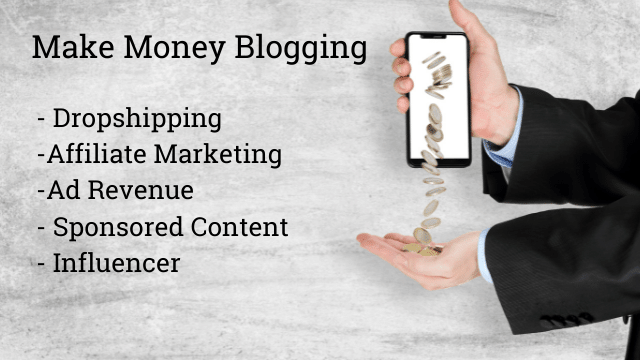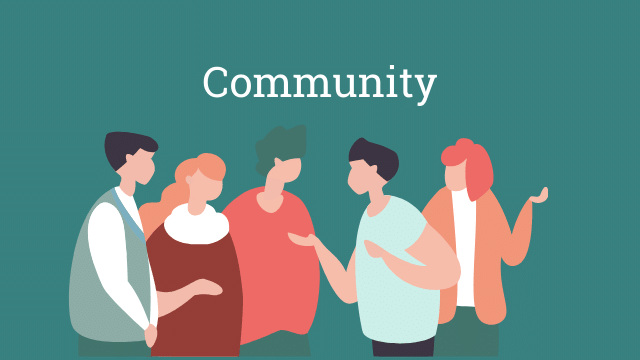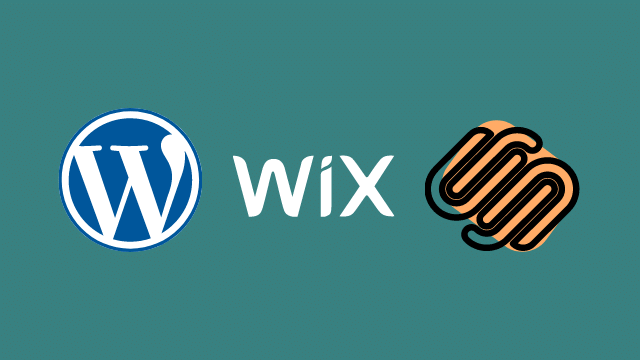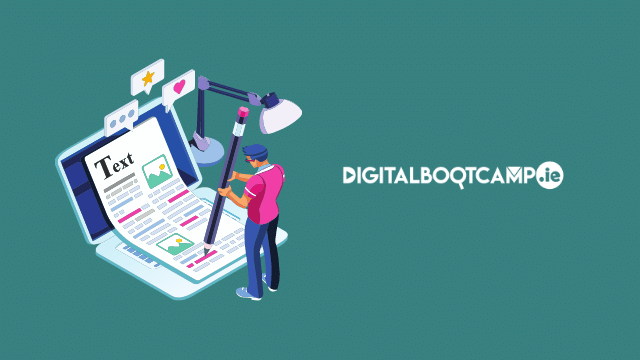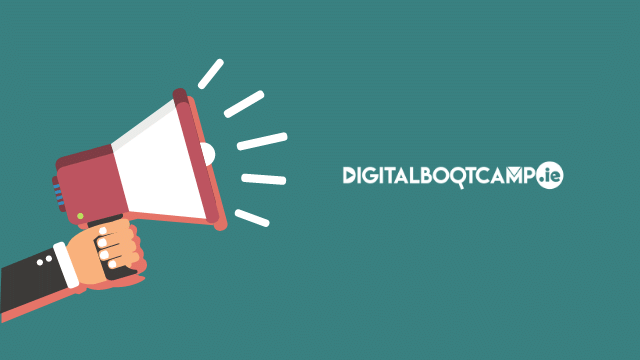Starting a blog isn’t difficult, especially if you know the basics. A blog also known as a blog post is simply a website that focuses on written content.
There’s no particular content that should be contained in a blog post, and therefore, any imaginable topic is okay.
Some bloggers usually write about what they think from a personal perspective about specific topics and thereby making direct connections with their audience or readers.
The blogs usually have a comment section located at the bottom of the article where readers can share their thoughts or ask questions about the topic.
This further increases the interaction between the bloggers and the readers.
This direct connection is among the advantages associated with starting a blog.
It builds loyalty and trust among your readers, which further helps you to monetise your blog traffic in the long run.
Why start a blog?
Although many people think that you should be a great writer when starting a blog, the truth is that there’s more than just the content you create.
First, people tend to visit blogs to read and get some perspective about a topic, and therefore, meaning that as a blogger, you should try and be somehow informal and conversational at the same time.
Secondly, it’s not mandatory to be a specialist in your niche for you to succeed.
For instance, people visiting a tour blog don’t necessarily want to read things from tour experts. They want to know more about the experience the blogger had when hiking, mountain climbing, or camping and the possible downside of the entire activity.
In most cases, the only thing that makes bloggers successful is a passion for a particular niche. If you’re only producing articles for monetary value, your audience will eventually lose interest.
Blogging entails sharing out what you think with the rest of the world.
Therefore, selecting a topic or niche that you’re passionate about even makes it easier to succeed.
Again, you can also write about several topics provided that you have a genuine interest so that you can keep your readers interested.
Some of the top reasons why you need to start a blog include the following:
Making money
This is probably the first reason why you should start a blog. Blogs are quite lucrative especially if done appropriately. Whether you choose to do it on a full-time or part-time basis, you can always make money so long as everything is done right. It’s also a great opportunity for getting passive income.
Sharing your thoughts
Having a blog gives you some form of voice to share your thoughts across the globe or a region. In most cases, blogs contain content that is mostly geared towards daily experiences.
Personal or business recognition
As a blogger, your intention might be getting personal or business recognition in your particular field.
Today, most bloggers who have caught the attention of many people around the world have even gotten some lucrative deals within the movie industry just because of their worldwide recognition.
Business recognition also helps in making a business successful by increasing the number of customers and conversion rate.
Connecting with the community
Blogging involves interaction with people.
When you write a blog and people start commenting about the content, then you’ll be connected with people who have similar interests as yours. This interaction helps in teaching people about your various experiences and thereby giving them the chance to learn as well.
Step by step guide on how to start a blog
1. Choose a perfect niche
This is an essential step since it determines how your future website will look like and its success in general.
The niche is generally what you’ll write about and make money in return.
Due to a large number of people in the world with different interests, it means that there’s an audience for almost every topic. However, some topics tend to be more popular than others meaning that they also perform better. It’s, therefore, essential to choose a niche that attracts a huge audience and you’re passionate about. To get the perfect niche for your blog, there are two things you need to consider.
First, you need to consider what you’re interested in. This means what you love or are obsessed with. This is essential since choosing a niche that you don’t like means that you won’t write regularly to keep your audience informed.
To make the right choice of the niche you’re interested in, several things can guide you in making the decision which includes your talent either in games, singing, etc., skills and knowledge, career, and interests.
Come up with several topics and analyse to see the number of readers interested in each and eliminate them one-by-one using these criteria until you come up with a proper one.
Secondly, you need to consider what people are interested in. It’s pretty much trickier since what you’re interested in should also be in line with what your audience is interested in.
For instance, if you’re interested in pet-related topics, it’s essential to understand what kind of pets your audience is interested in so that you can draw their attention.
In this case, although you might create content on general topics about pets, it’s advisable to research further and know what kind of information your readers want about pets.
Today some of the popular topics include online business, real estate, computers and technology, health and fitness, finance, freelancing, and careers. To know the rate at which visitors look for different niches, experts recommend the use of the Google Keyword Planner tool.
2. Find a domain name
Finding a domain name becomes easy after first identifying your niche. However, if you’re not sure how to find a perfect domain name, then you can consider the following:
Life experience
Everyone has some life experiences. You can choose your domain name based on your life experience and share your knowledge with others.
These life experiences range from things like weddings, divorce, handling clients, a pandemic among others.
Passion or hobbies
Focusing on a niche you have a passion for is a great place where you should start a blog. It can be swimming, hiking, fashion, traveling, cars, etc.
However, it shouldn’t necessarily be the normal things we do daily, but rather anything you’re passionate about.
Personal blog
This is generally a blog that revolves around you. It can entail sharing your thoughts with others. The domain name in this case can be your name.
A domain name should however be descriptive meaning that visitors can be able to tell right away what your blog entails from its name.
You should however not hang-up on a single word every time you posting content in your blog.
For instance, if your niche is cooking, then you don’t necessarily have to use the word cooking now and then, you can use other words related to cooking such as recipes, meals, or foods.
This way, you’ll reduce repetition and boredom since people will always know that you’re talking about cooking with the use of similar words.
For personal blogs, it’s recommended that you use your name. Now that you have a choice of domain names to use for your blog, the next thing is to select domain extensions which include .com, .net, or .org. The most preferred domain extension is .com.
Additionally, when selecting a domain name, ensure you keep it short and precise, avoid using numbers or hyphens, and ensure it’s easy to spell or pronounce.
3. Get your blog online
After choosing a domain name for your blog, the next step is getting your blog online. Although the process may sound a little technical, following the provided steps correctly makes the process even much easier.
For your blog to be up and running, you require two things which are web hosting also called blog hosting, and blogging software.
The great part is that the two are offered under one package. A web hosting company is a provider that stores all blog files where you can access them any time.
Having a blog host is mandatory for you to have a blog. Additionally, blogging software is also required when building your blog.
It’s essential to select the best blogging platform. There are usually 2 options when deciding on the popular blogging sites to use, which are the hosted blog solutions and the self-hosted blog solutions.
Most blogging beginners are usually tempted to use hosted platforms that are free.
Hosted platforms are not a bad idea although they have their limitations. You’ll be required to use their branded subdomains and will be under their terms and conditions of use.
For a serious blogger, paying for the services is the first priority.
When you decide to use the self-hosted solutions, then you’ll be in a position to use your web hosting and domain.
You’ll be in control of every aspect of your blog as well as the content.
The most popular blogging software is WordPress blogging software since it’s easy to use and customization features.
On the other hand, the recommended web host is BlueHost. Some of the top reasons why Hosting Ireland is recommended include:
– Free registration of custom domain name
– Reliability as shown by their reviews and ratings
– Free WordPress blogging software installation
– 24/7 customer service that allows phone calls and web chats
– 30-day money-back guarantee
I’ve used Hosting Ireland for over 20 websites and always suggest small media businesses and bloggers use their services.
4. Install WordPress
Although there are many blogging platforms out there, WordPress has been largely recommended as the best.
Some of the reasons why people recommend it include its ease to learn, it’s free, has a lot of themes, and the presence of numerous plugins.
Every website requires a content management system (CMS) that makes the creation and management of blog posts easier. To install WordPress, login to your hostingireland.ie account and follow the steps provided.
5. Choose a theme
The good news about WordPress is that changing the face of your website is just a walk in the park. Remember, the face of your blog plays a critical role in your blogging success. WordPress has many themes you can choose from.
How your blog will appear and its general feel will depend on the kind of theme you pick. The first thing that readers will notice after visiting your blog is its general appearance.
It’s therefore, essential to pick a theme with a nice feel and that matches your content needs. Before you pick any theme, ensure you read the description, check ratings and its preview.
6. Create blog content
The kind of content you create for your blog will depend on your niche and audience.
It’s essential to create valuable and meaningful blog content that will always capture the attention of your readers. When creating the content, you should focus on stating the main idea and even give an example if it’s possible.
First, there’s the pre-launch content that ensures various parts of your blog such as homepage, contact, and about us are all covered with the relevant information.
On the other hand, there’s post-launch content which involves the actual content with the message you’re trying to deliver through your blog which can either be in the form of text, videos, photos, or infographics.
You also need to incorporate SEO meta-tags so that your blog can earn online visibility and top ranking in search engine results.
For you to create quality and informative blog content, you should also focus on uniqueness and originality.
In the process, you might see some content performing better. It’s at this point that you need to shift and begin creating content that your audience is interested in.
7. Promote your blog
Now that you have created meaningful content, you can start promoting your blog. Your success in promoting your blog will now be determined by your level of engagement in your niche. To promote your blog, you can do the following:
– Use social media networks
– Building a mailing list
– Guest blogging
– Blog submission to search engines and bookmarking websites
– Notify your friends
– Web advertising
8. Make money through blogging
As earlier stated, blogs are extremely lucrative. However, making money through blogging isn’t something that will happen overnight. It might even take six months to one year.
This means that patience and hard work are required. To monetize your blog, you can do the following:
– Enroll in affiliate programs
– Sell products and services
– Run ads
– Sell eBooks
In conclusion, these are the steps on how to start a blog. It’s never too late to start, especially that now you know the basics.


